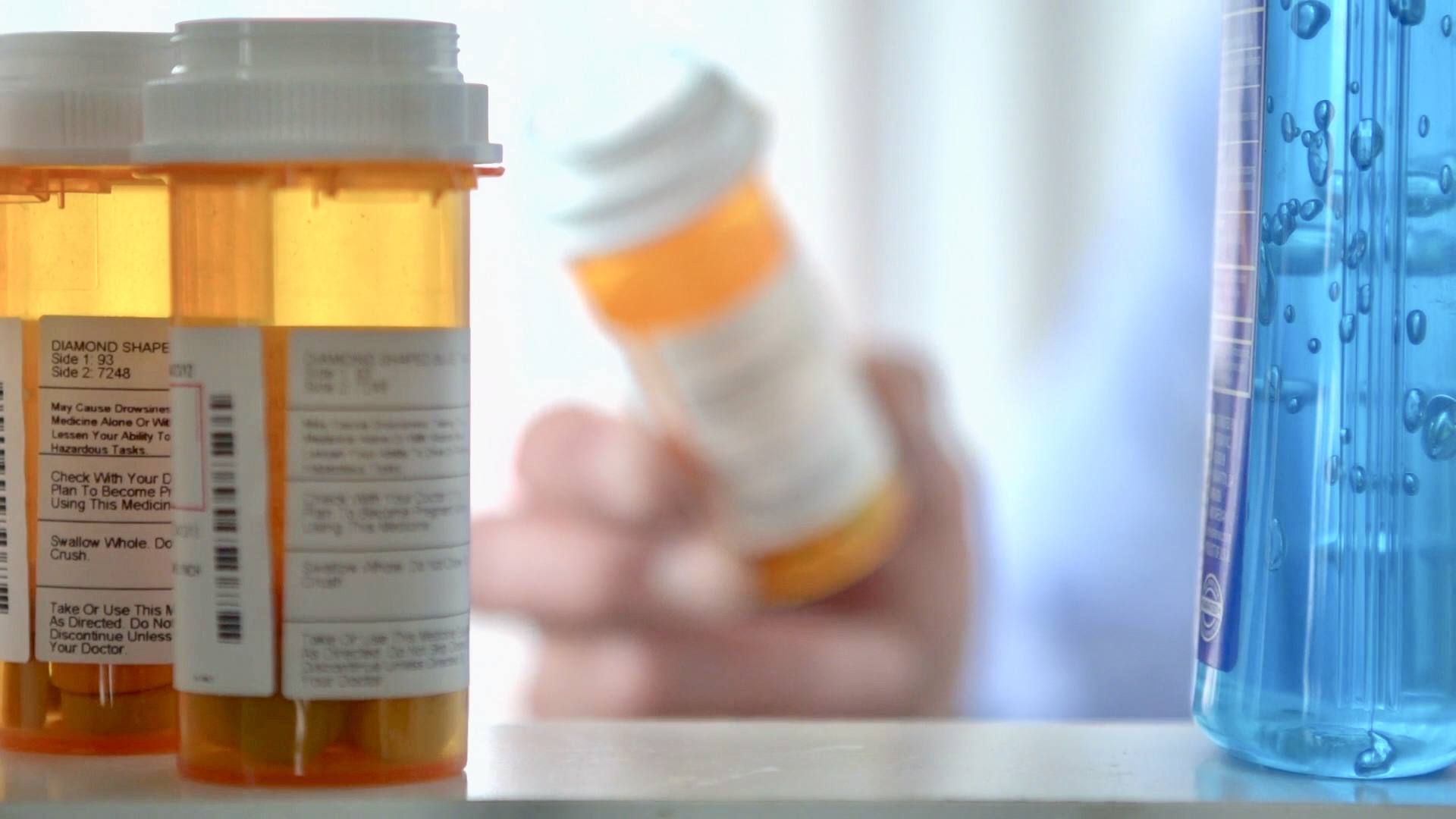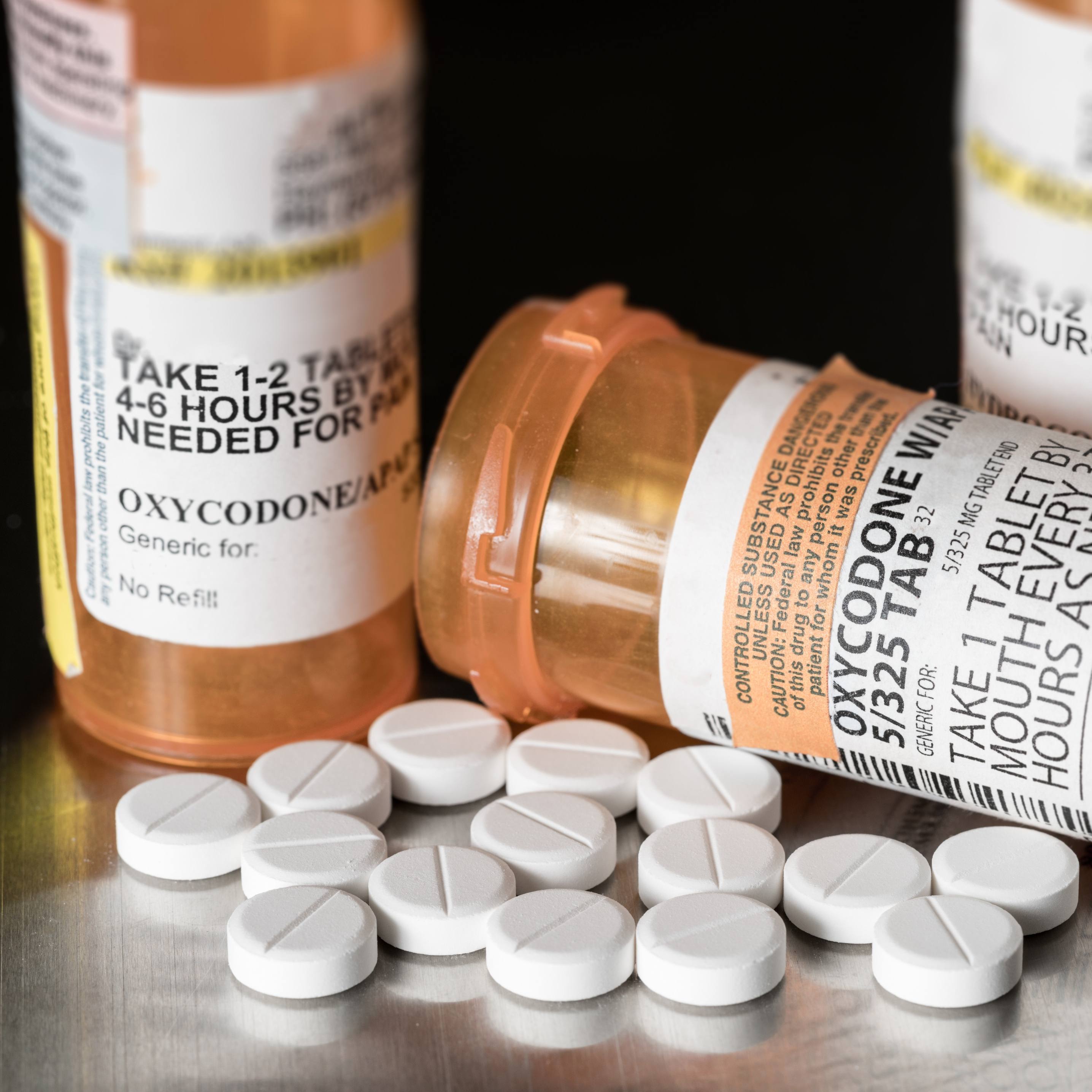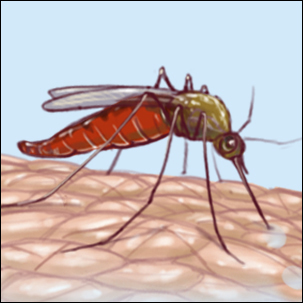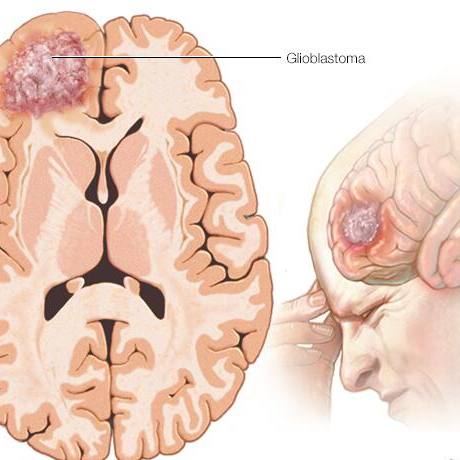
Pain medications known as opioids often are prescribed for a sudden, acute episode of pain that occurs after surgery or a traumatic injury, such as a broken bone. And if you've ever had surgery, there's a good chance that you have a partially used bottle of prescription pain medication around your house. Many people who have been prescribed opioids hang on to leftovers, just in case they need them in the future.
But this practice can have deadly consequences if children or pets accidentally ingest these drugs. That's why officials with the U.S. Food and Drug Administration (FDA) recommend that people dispose of leftover opioids as quickly as possible. "However, we should not be throwing opioid medications in the trash," says Dr. Krieger, a Mayo Clinic clinical pharmacist. "If even a small amount gets into the wrong hands, it can be harmful or even deadly." There are several methods of disposal to consider.
“If we’re talking specifically about opioid medications, we have a couple of options," says Dr. Krieger. "The first one that I want to mention is take-back programs. The Drug Enforcement Administration sponsors these programs, and you can look for a take-back event in your community. They're usually publicized.”
Watch: Dr. Krieger discusses the proper disposal of unused pain medications.
Journalists: Broadcast-quality sound bites with Dr. Krieger are in the downloads.
"There are also secure receptacles, often located in a government or law enforcement agency building," says Dr. Krieger. "You should contact your law enforcement agency to see if that option is available." Authorized collectors may include hospitals and pharmacies. Some pharmacies even offer return envelopes for prescription drug disposal.
"When those options aren’t readily available to you or you can’t get there in a timely manner, then flushing them down the toilet is an option," says Dr. Krieger. "The FDA provides a list of medications that are considered appropriate for flushing, and you can find that list on their website.”
There are some types of prescription medications that can be disposed of in your household trash. Mixing the medications with used coffee grounds or cat litter often is recommended. But the FDA says that opioids are too dangerous to dispose of this way because even one dose to the wrong person sometimes can be fatal.
In addition to the risk of harm to children or pets accidentally ingesting them, pain medications containing opioids can be stolen and used to get high. Leftover prescription opioids from friends and relatives can easily be diverted for illicit use.
According to the Centers for Disease Control and Prevention, nearly half of all opioid overdoses in the U.S. involve a prescription opioid. In 2015, more than 15,000 people died from overdoses involving prescription opioids.
The most common drugs involved in prescription opioid overdose deaths are methadone, oxycodone and hydrocodone.







